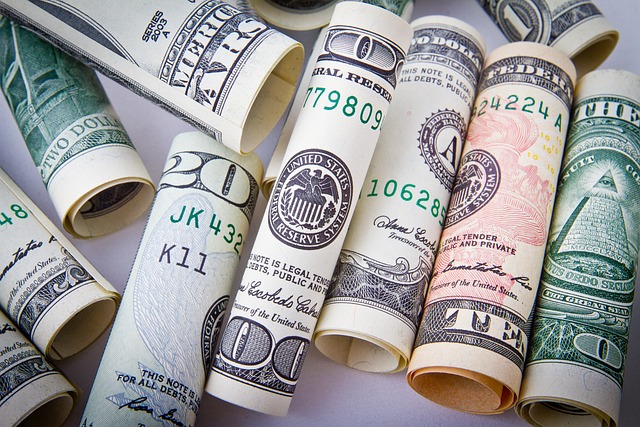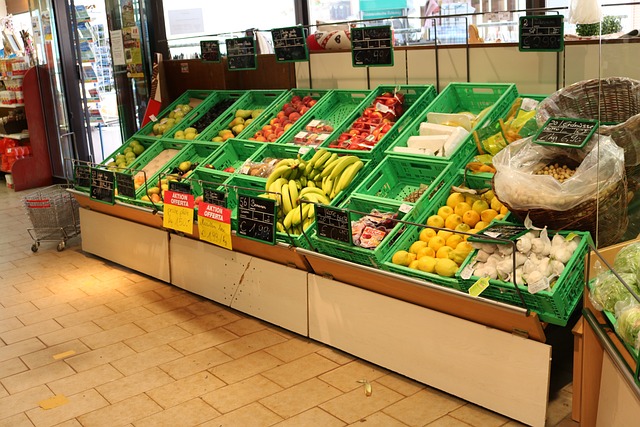Is Healthy Eating Feasible on a budget?
In times of economic despair, many families find themselves cutting back on essentials, including food. Yet, the notion that eating healthy is a privilege solely for those with deeper pockets is a myth. Now more than ever, it’s crucial to maintain a balanced diet to keep our immune systems robust. Even on a shoestring budget, you can make nutritious choices that don’t break the bank.
Tip: Start by assessing your pantry. Often, we have more resources at our disposal than we realize. A well-stocked pantry can be the foundation of several nutritious meals.
The Ripple Effect of Economic Woes on Public Health
The ongoing economic downturn has been hard on everyone, causing job losses, income instability, and increased stress. Such conditions often result in poor dietary choices, leading to a surge in health issues like obesity and diabetes. Contrary to popular belief, economic strain doesn’t have to equate to nutritional compromise. In fact, healthy eating can be a cost-effective strategy in the long run, reducing medical expenses related to diet-induced ailments.
Tip: In economically challenging times, prioritize staple foods that offer both nutritional value and affordability, such as lentils, beans, and whole grains.
Why is Meal Planning an Essential Tool for Budget-Conscious Health?
A well-thought-out meal plan is a lifesaver when you’re on a tight budget. It prevents wastage, eliminates impulse buys, and allows you to capitalize on discounts for healthy food items. Moreover, knowing what you’ll eat each day removes the stress of last-minute decisions, which often result in less healthy, costlier choices.
Tip: Digital apps are available that can help with meal planning and grocery lists. Some apps even suggest recipes based on what’s already in your pantry.
Unique Price Tip: Utilize cash-back apps and store loyalty programs. Accumulate points or cash-back options and save them for bulk-buying healthy essentials.

Bulk Buying: A Smart Move or a Budget Drainer?
Bulk buying has its pros and cons. While purchasing in large quantities often results in lower unit prices, there’s the risk of spoilage. Be smart about what you buy in bulk. Non-perishables like rice, pasta, and canned vegetables are good options.
Unique Price Tip: Consider teaming up with friends or neighbors for bulk purchases. This way, you can split the cost and the goods, benefiting from bulk prices without the risk of waste.
The Financial Benefits of Home Cooking
Eating out may be convenient, but it’s often unhealthier and definitely more expensive than home-cooked meals. In times of economic hardship, one of the first luxuries to go should be dining out. Use the money saved to invest in quality ingredients for home-cooked meals. Plus, cooking can be a stress-reliever and a family activity.
Unique Price Tip: Invest in a slow cooker. It allows you to use cheaper cuts of meat and a variety of vegetables while still delivering tasty meals. Plus, you can cook in large batches to save time and energy costs.
Seasonal Shopping: A Win-Win for Your Wallet and Health
Purchasing produce in season guarantees you the freshest, most nutrient-rich options at a fraction of the cost. Get to know the seasonal cycles of fruits and vegetables in your region and plan your shopping accordingly.
Tip: Canning and preserving seasonal foods can save you a lot in the long run. With a one-time investment in canning supplies, you can enjoy your favorite fruits and vegetables year-round.
Farmers’ Markets: A Hidden Gem for Affordable Nutrition
Farmers’ markets offer fresh, locally-produced items often at more affordable prices than supermarkets. Plus, you get the benefit of supporting local agriculture.
Unique Price Tip: Go to the farmers’ market toward the end of the day. Many vendors offer significant discounts to avoid taking produce back with them.

Thriving, Not Just Surviving, in Tough Economic Times
There’s no denying that the economic downturn has made life more challenging for many. However, it’s essential to remember that taking care of our health is not a luxury but a necessity. Despite tighter budgets, smart planning, strategic shopping, and a dash of creativity can go a long way in maintaining a nutritious diet.
Unique Price Tip: Reuse leftovers creatively. For example, last night’s grilled chicken can become today’s chicken salad, and yesterday’s veggies can transform into a nutritious stir-fry.
By implementing these tips and adopting a proactive approach, you can combat the economic crisis’s adverse effects on your health and wallet. Remember, being cash-strapped does not mean you have to compromise on health.

